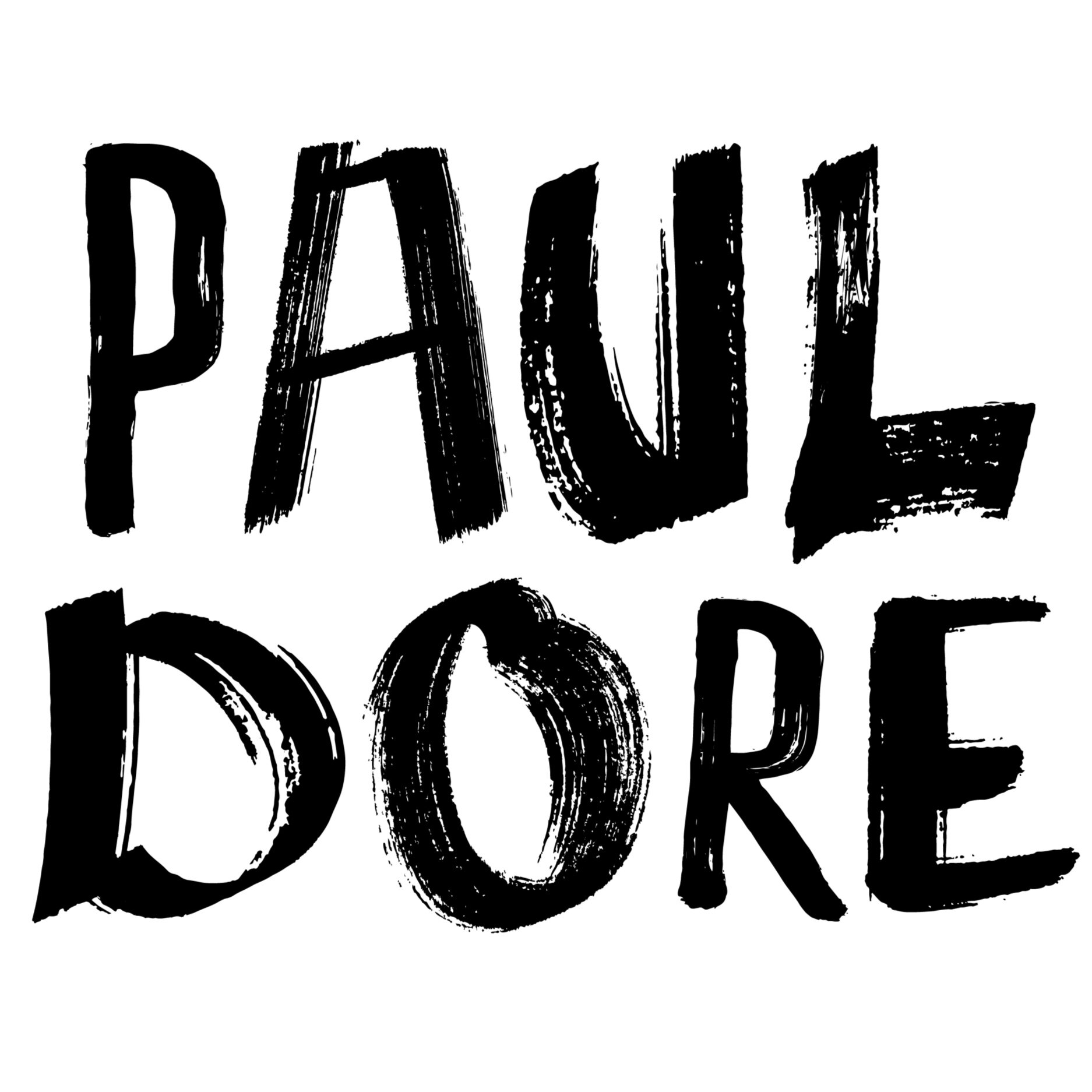1.36 Blocked
TORONTO, ONTARIO: Is writer’s block specific to writers? For this entry, I rigorously researched the topic. Google tells me writer’s block is solely the terrain of writers. With more thorough research (Wikipedia), I found a neurologist named Dr. Alice W. Flaherty who wrote a book called The Midnight Disease: The Drive to Write, Writer’s Block and the Creative Brain. I didn’t read the book, but it sounds interesting.
Anyways, she argued that literary creativity is a function of specific areas of the brain and a block may be the result of brain activity being disrupted in those areas.
Let’s drop the ‘writer’s’ part and just go with ‘block’. In most creative pursuits, people get blocked, and I believe that generalization can be generally agreed upon. Do people get blocked in other occupations?
Doctors: I hope not. If someone is performing surgery on me, I don’t want that part of their brain that knows which vein to clip or which bone to set be ‘disrupted’.
People that perform manual labour? I can’t answer this one as I’ve actively avoided manual labour for most of my life. It’s why I have such soft and calloused-free hands.
Professional athletes: We’ve all seen the favorite underperform at the Olympics. The hockey player shoot wide of the net. The football receiver drop the pass. The basketball star miss the basket. This is more choking than anything else. Tiger Woods? He was never blocked. But in his case, being blocked up didn’t seem to be a problem.
Kids get blocked all the time. I work with kids learning how to skate. Really, it is silly of us adults to strap skates on to the feet of a three year old and then toss them out on a sheet of ice. But every time, without fail, at some point, they seem to just have enough of crawling on the ice. The kids figure it out and stand up and skate. This isn’t being blocked so much as the act of learning.
Dr. Flaherty experienced the tragedy of her premature twin boys dying soon after their birth. Grief consumed her, but then, “[she] awoke one morning with an overwhelming desire to put everything on her mind on paper.” She did not stop writing for a period of four months. The book mentioned above deals with hypergraphia – the overwhelming urge to write. Imagine having that problem? Maybe writers are all manic (hypergraphia)-depressives (writer’s block)?
I’ve doubted my talent, been reckless with ambition and undervalued my abilities. But I don’t fear writer’s block. I’ve never looked at an empty page or a blank screen with a sense of wariness. Even if the words will be thrown away later, dismissed with the delete key. I know there will be more, even if I have to wrestle them out of my brain. This entry was not written because I should have been working on other projects.
Nope.
No writer’s block here.
You believe me, don’t you?
